Drugs That Affect The Sympathetic Nervous System
Drugs that affect the sympathetic nervous system. In the perioperative period anaesthetists use many drugs that affect the sympathetic andor parasympathetic nervous system. The main drugs that have been clearly shown to affect SNS function are β-blockers α-blockers and centrally acting drugs. They work by mimicking the action of acetylcholine.
These include prazosin tamsulosin propranolol esmolol etc. To administer or take a drug usually implying an overly large quantity or a narcotic. Autonomic drugs are used clinically to either imitate or inhibit the normal functions of the sympathetic and parasympathetic nervous systems.
A common example of this is clonidine which is an α-agonist. Beta-adrenoceptor antagonists inhibit β 1-adrenoceptor-mediated positive inotropism and chronotropism of catecholamines on the heart and the β 2-adrenoceptor-mediated relaxation of. Stimulating portions of the autonomic nervous system.
They are the antagonists which bind to the receptors and inhibit their activation. General term for any substance. There are other drugs that are α-blockers and can affect the sympathetic system in a similar way.
Dont use any nonprescription drugs cold flu or nasal. The sympathetic system is affected by drugs that mimic the actions of adrenergic molecules norepinephrine and epinephrine and are called sympathomimetic drugs. In this video Dr Mike explains drugs of the sympathetic nervous system called adrenergic drugsDrugs that agonise are called sympathomimeticsDrugs that an.
A large number of additional drug classes also interact with these systems to produce a stunning number of possible side effects. Any substance other than food used in the prevention diagnosis alleviation treatment or cure of disease. Autonomic drugs are drugs that produce their primary therapeutic effect by mimicking or altering the functions of the autonomic nervous system These autonomic agents act either by.
Autonomic drugs are used clinically to either imitate or inhibit the normal functions of the sympathetic and parasympathetic nervous systems. Other uses for sympatholytic drugs are as antianxiety medications.
Other drugs are sympatholytic because they block adrenergic activity and cancel the sympathetic influence.
- lower blood pressure. Anaesthetists may use anticholinesterase agents to prevent the breakdown of acetylcholine at the neuromuscular junction. Drugs such as phenylephrine bind to the adrenergic receptors and stimulate target organs just as sympathetic activity would. The Adrenergic Drugs Drugs that affect receptors that are stimulated by norepinephrine or epinephrine. Sympatholytics Block the action of the neurotransmitters at the. Other drugs are sympatholytic because they block adrenergic activity and cancel the. These drugs decrease the activity of sympathetic system. Sympathomimetic adrenergic agonist Adrenergic drugs that either direct -acting agonists on the adrenergic receptor adrenoceptor or Indirect-acting agonists. On the contrary the effects of ACE inhibitors ACE-Is AT1 receptor blockers ARBs calcium channel blockers CCBs and diuretics on SNS function remain controversial.
Dont use any nonprescription drugs cold flu or nasal. They are the antagonists which bind to the receptors and inhibit their activation. For types or classifications of drugs see the specific name. In the perioperative period anaesthetists use many drugs that affect the sympathetic andor parasympathetic nervous system. They bind and stimulate cholinergic receptors. Sympathomimetics constrict most arterioles and veins and can be used locally to reduce bleeding slow diffusion of drugs such as local anesthetics decongest mucous membranes and reduce formation of aqueous humor to lower. Any substance other than food used in the prevention diagnosis alleviation treatment or cure of disease.

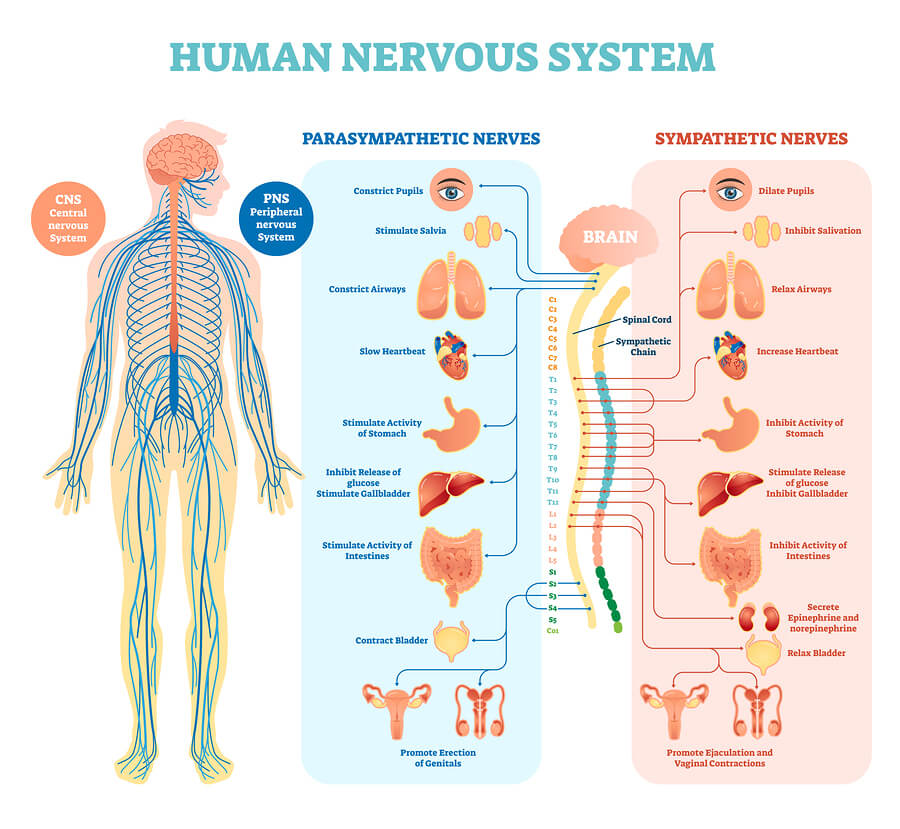
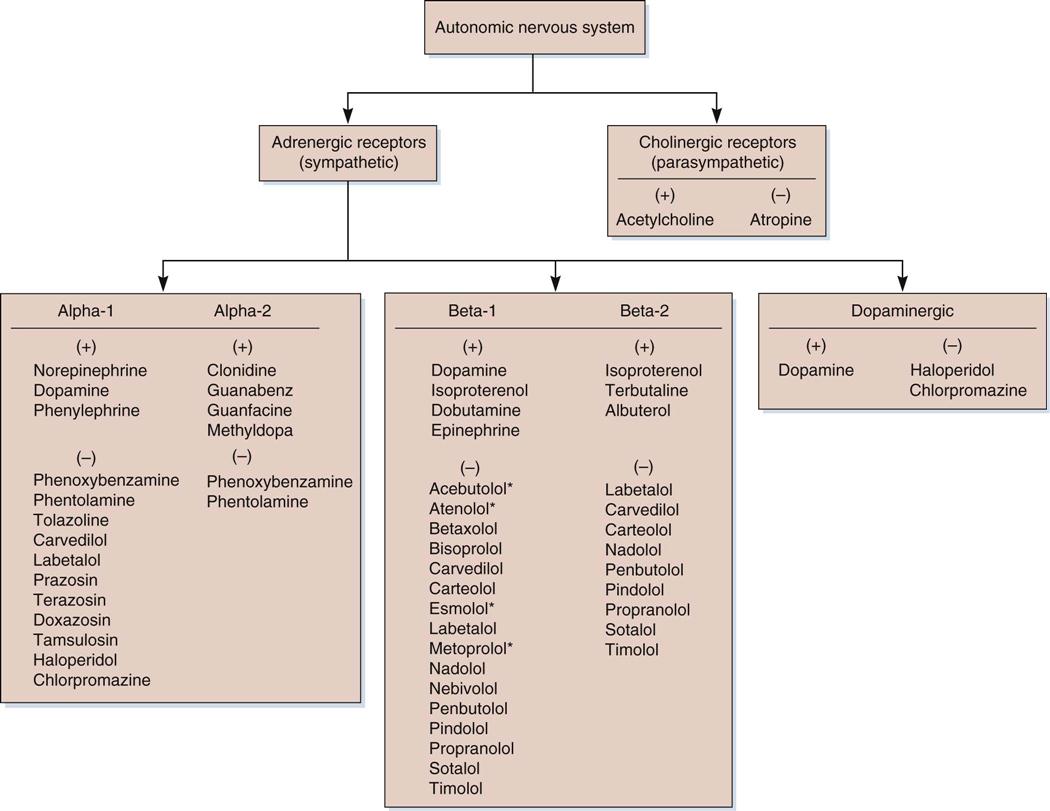


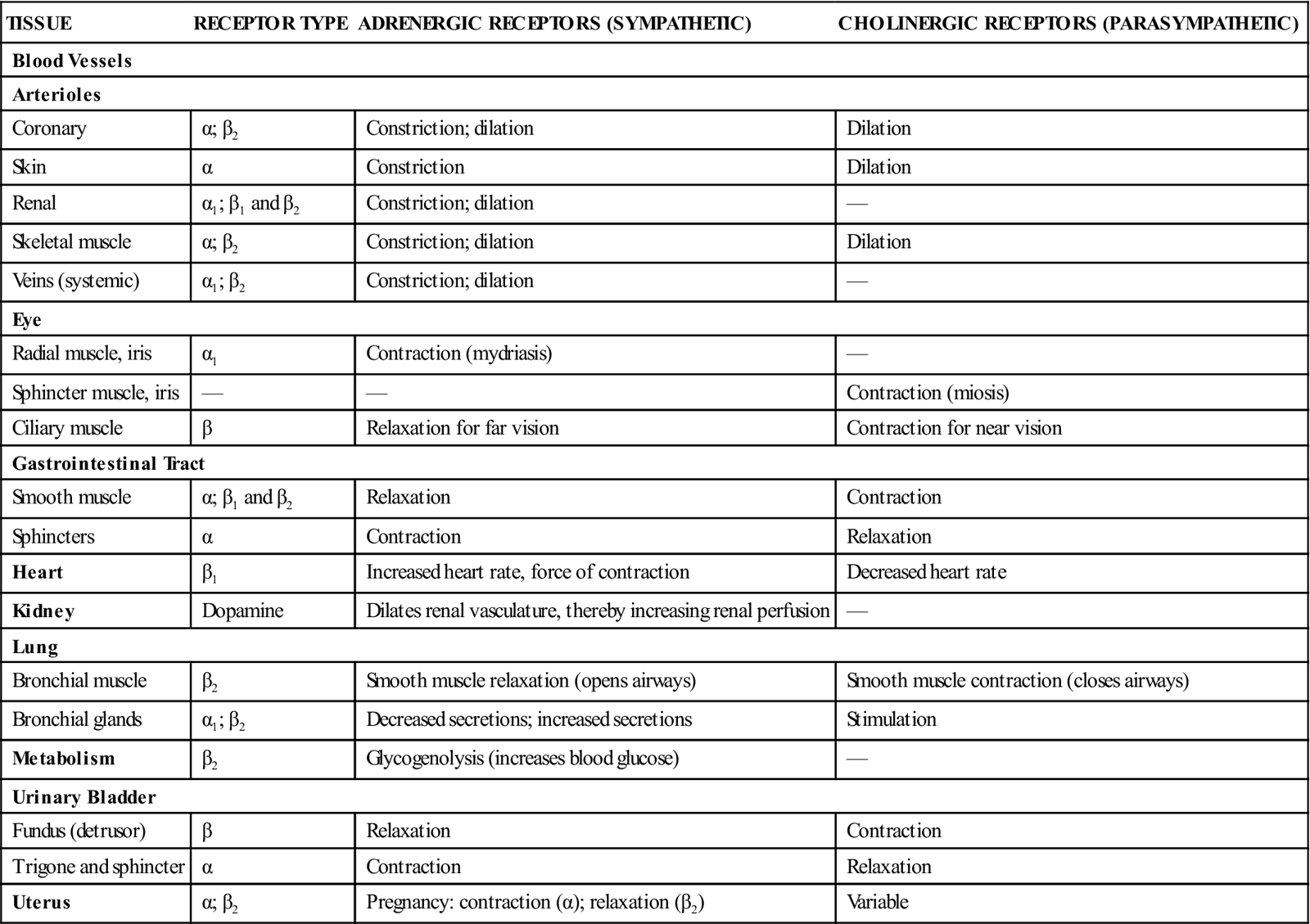





(24).jpg)
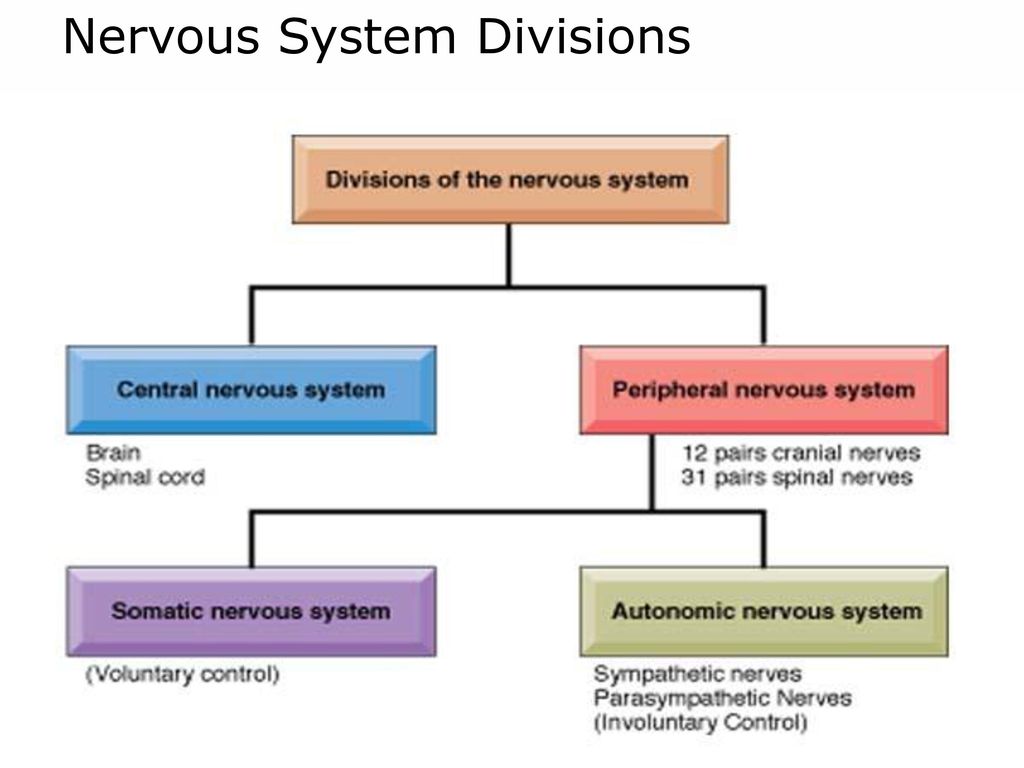

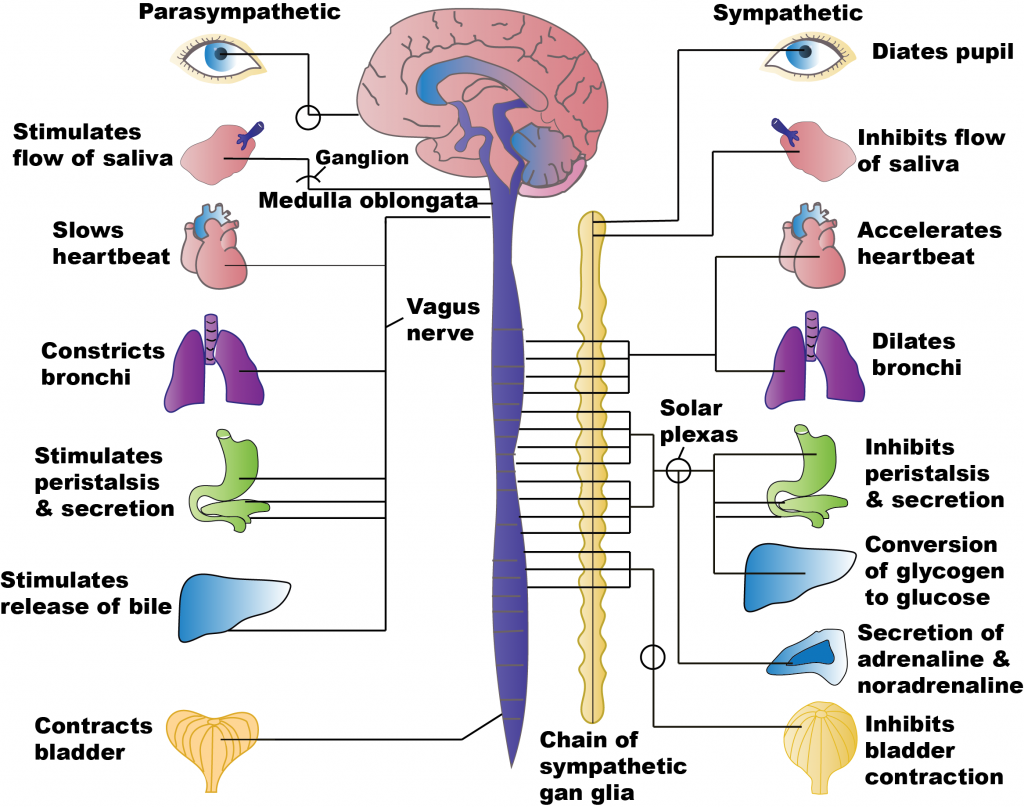
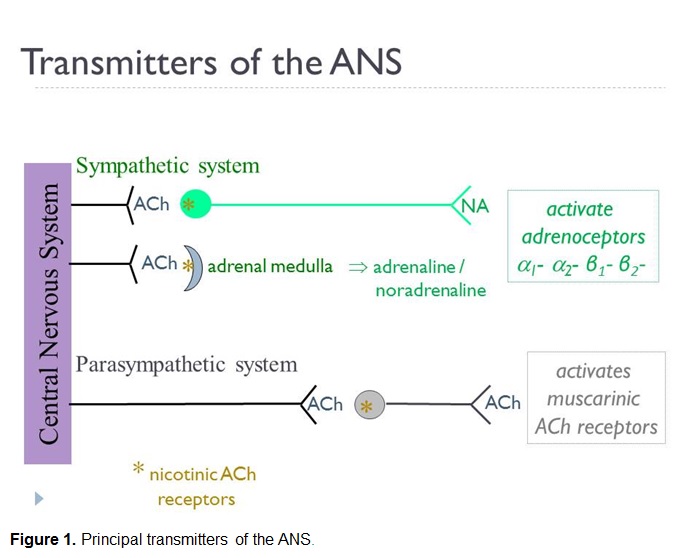
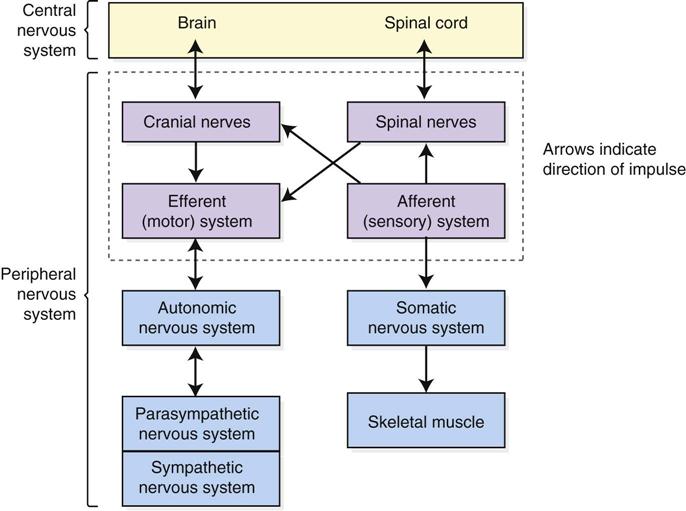

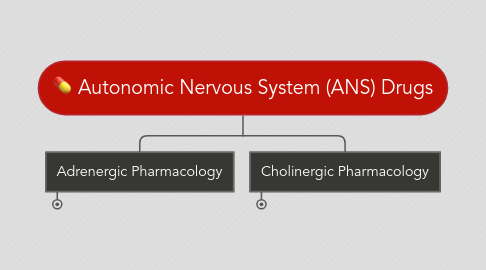


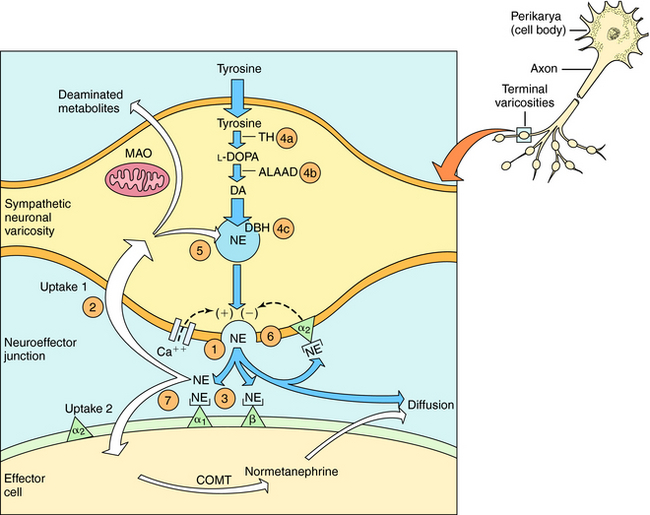


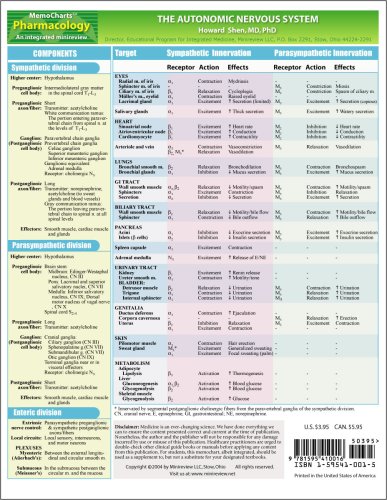




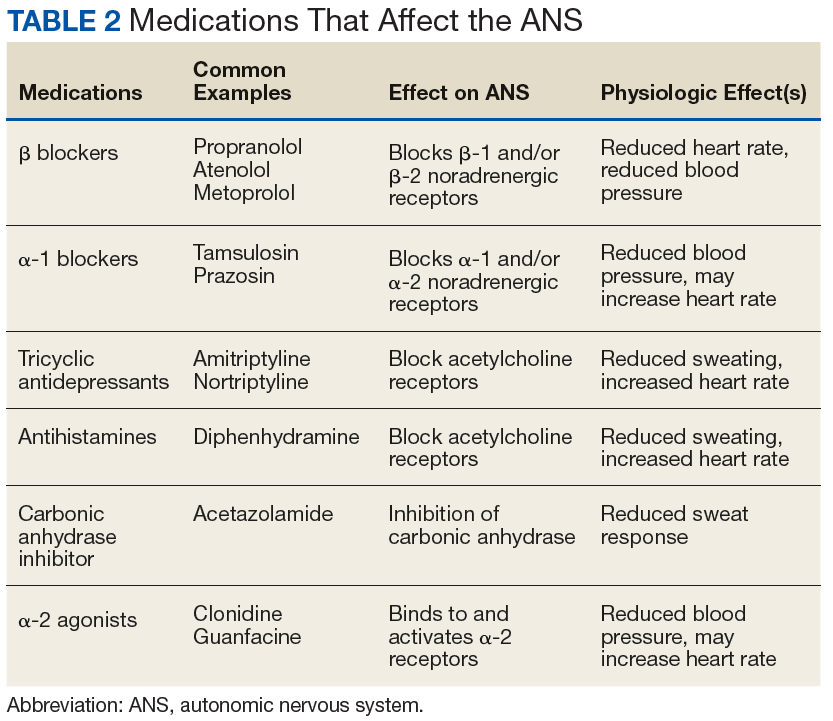






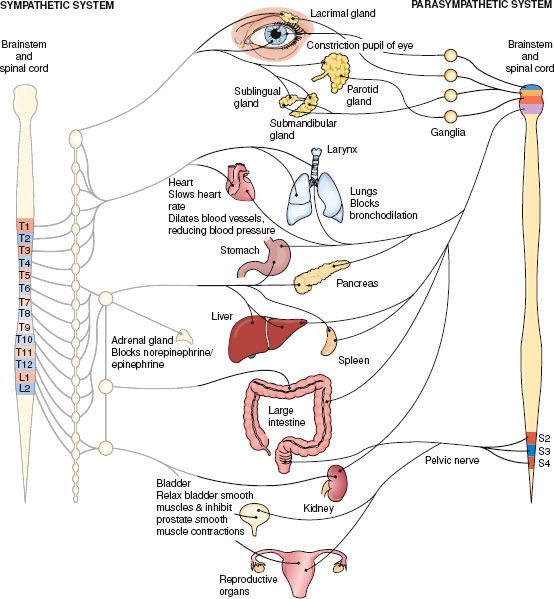
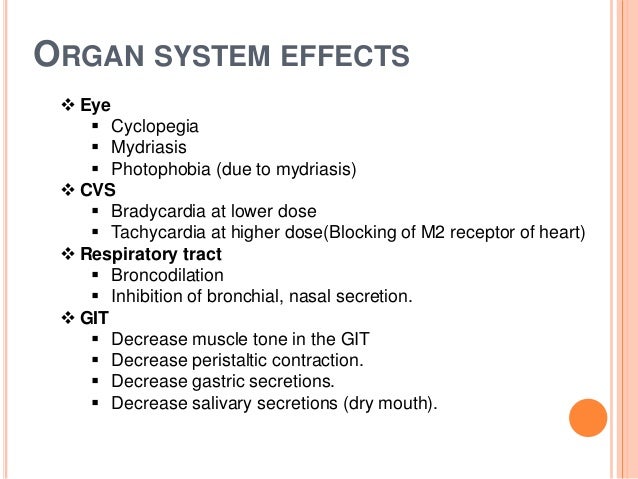





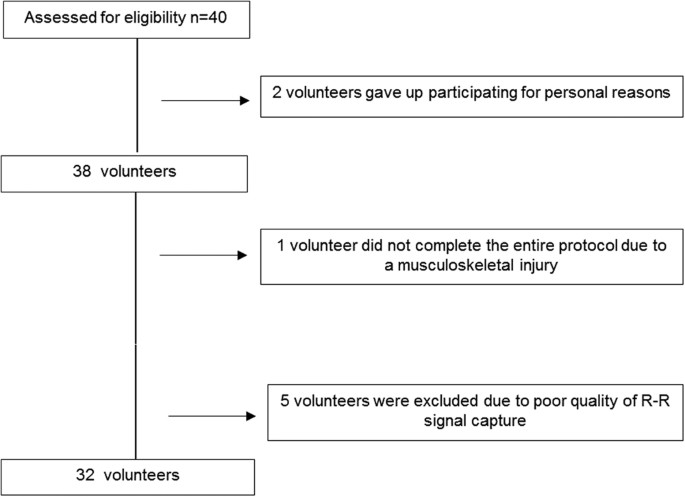

Post a Comment for "Drugs That Affect The Sympathetic Nervous System"